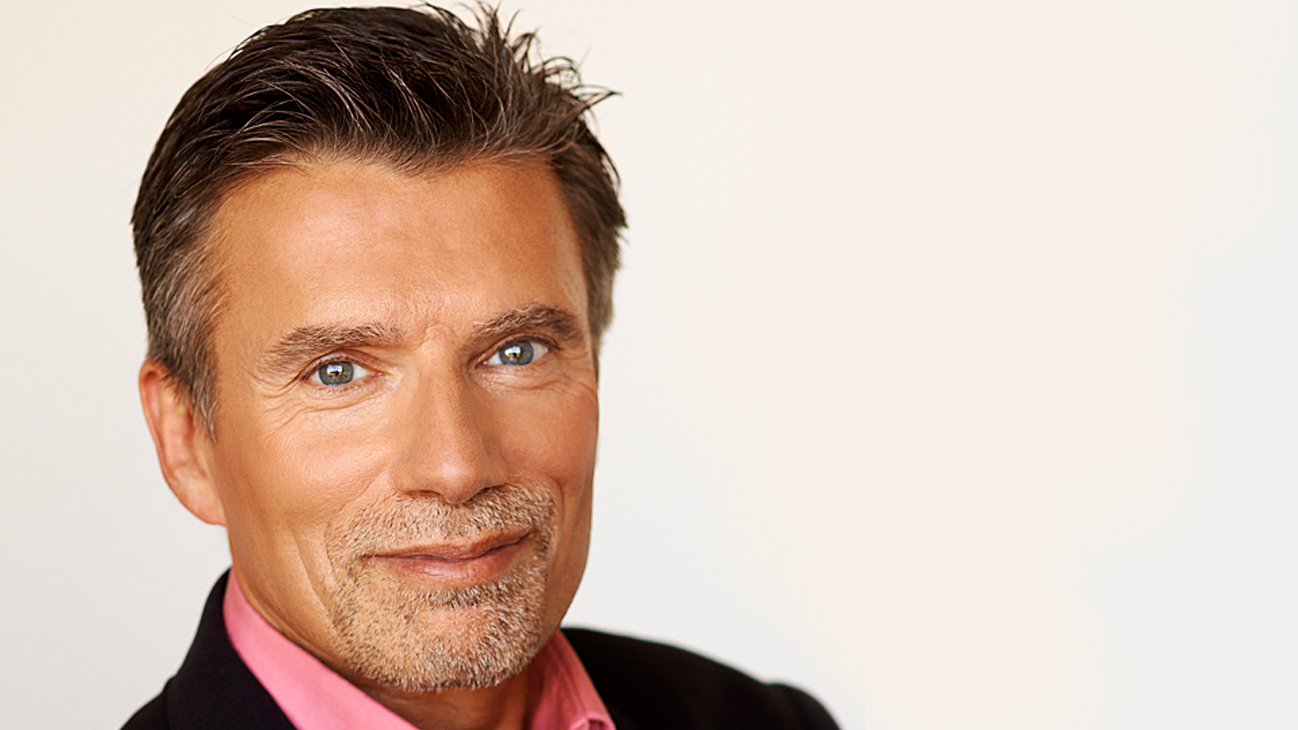A common thread through the string of Weinsteins, O’Reillys, Spaceys, and today, Charlie Roses, is that seemingly good men stood by while these male peers went about their predatory ways. Efforts are being made to change some of this, and one coming out of the University of British Columbia is co-founded by business engagement and transformation visionary Dr. John Izzo. Called The Men’s Initiative there the project aims to reduce male nervousness and build integrity—where men begin challenging their male peers when lines are crossed.
The Globe and Mail ran a story on workplace sponsorships which leaned heavily on Dr. Izzo’s insights. Here’s some of what he told them:
“What we want to do is create an environment where we can talk more honestly about these things,” he says.
“We really need to get men talking to men about this because part of the Harvey Weinstein issue is how many good men stood by and said nothing.”
One of the initiative’s recommendations is for separate inclusion education programs designed exclusively for men in the workplace. Dr. Izzo says that the discussions become a lot more honest when members of the other sex aren’t present.
“In the groups we’ve done inside companies, for example, one of the things we see is men starting to challenge each other about sexual humour, about comments they make … about jokes that are inappropriate.”
As the dominant group in many workplaces – men made up 52.7 per cent of the Canadian labour force last year, according to Statistics Canada – Dr. Izzo feels there is value in getting that group thinking among itself.
“When you get the dominant group first talking to each other, you actually make a lot more progress,” he adds.
To Dr. Izzo, while much of the media coverage around recent sex scandals may have been well-meaning, the shaming of men and male behaviour in and around the workplace doesn’t actually have the desired effect of getting them to shape up.
“Shame doesn’t actually help men change,” he says. “Shame tends to make them go underground, but what we want is to actually have open conversation that will allow us to make progress.”

